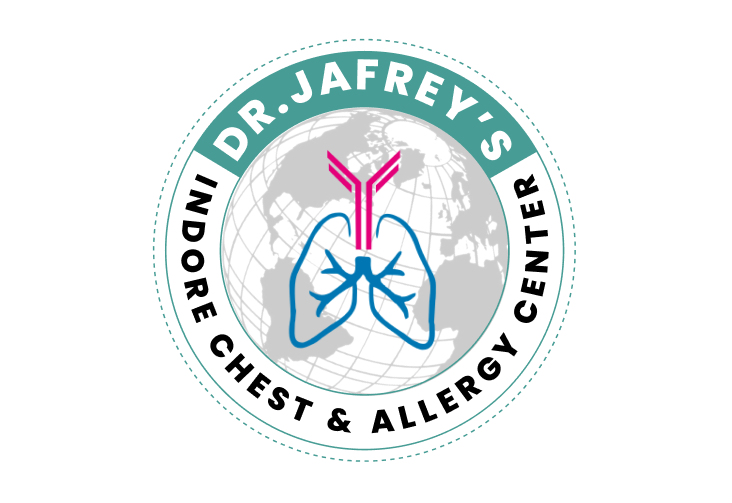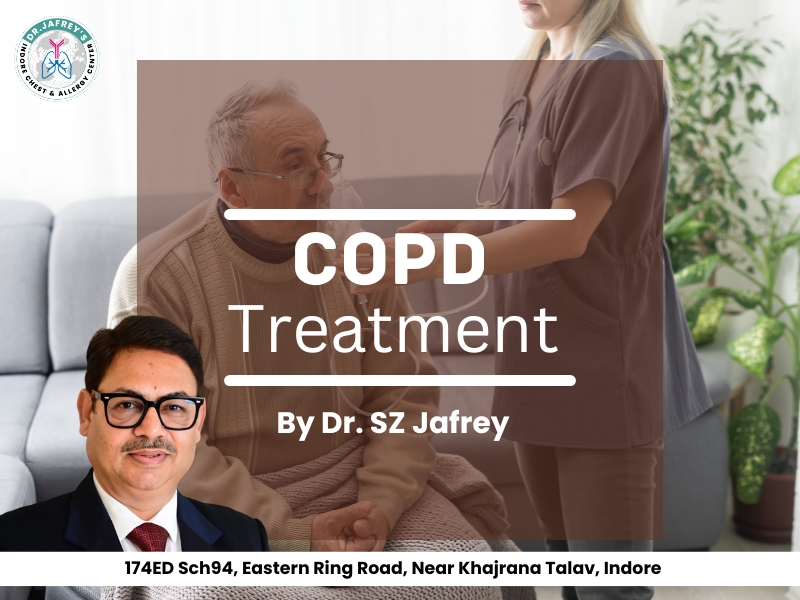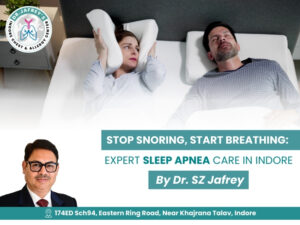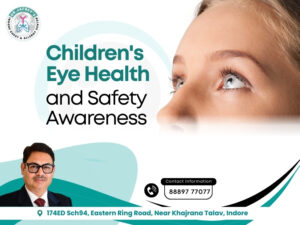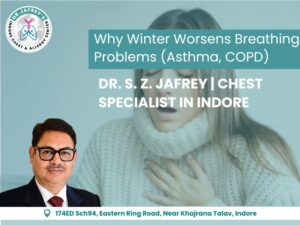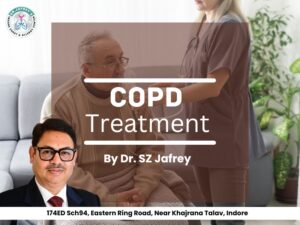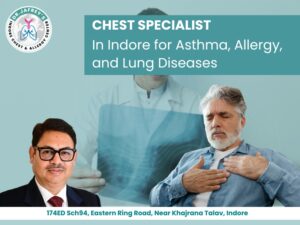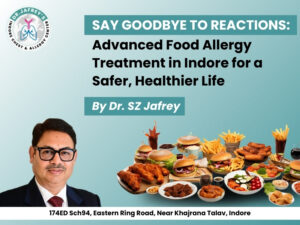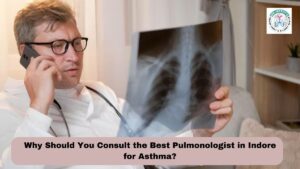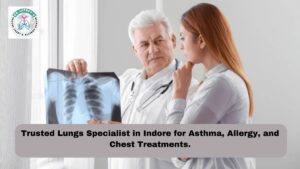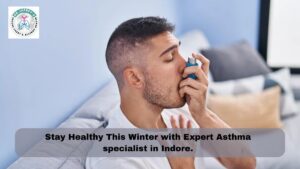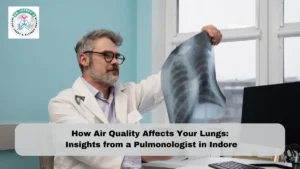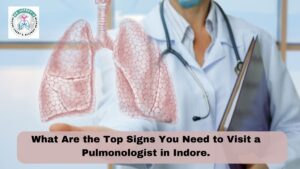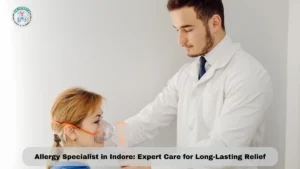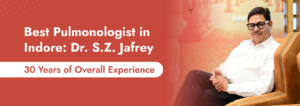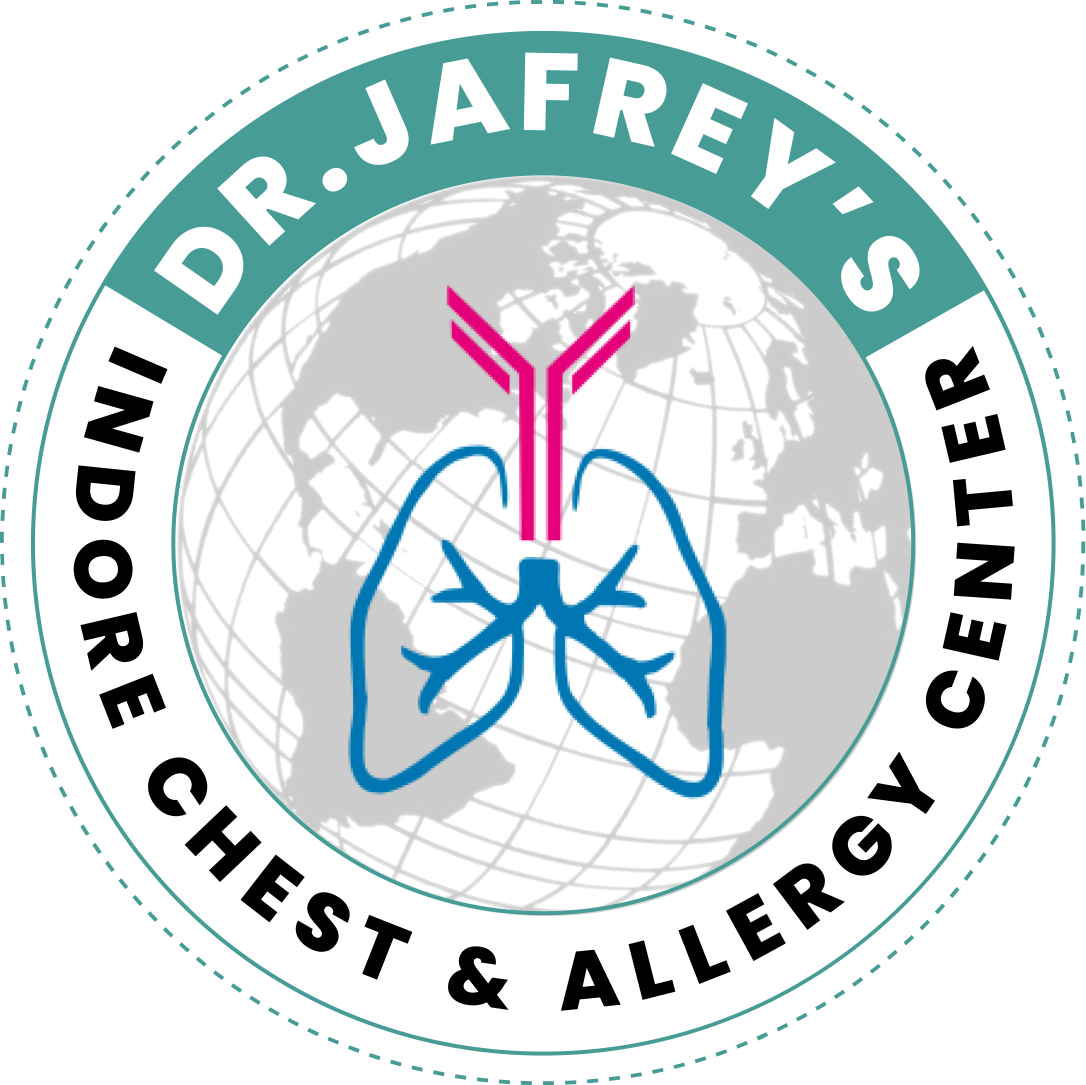What is COPD? A Complete Guide by Dr. S. Z. Jafrey – Leading Chest Specialist in Indore
Chronic Obstructive Pulmonary Disease (COPD) is a long-term, progressive lung condition that makes breathing increasingly difficult over time. It includes chronic bronchitis and emphysema, both of which damage the lungs and obstruct airflow.
According to Dr. S. Z. Jafrey, a highly trusted Chest Specialist in Indore, many cases of COPD go undiagnosed until they become severe. That’s why early detection and public awareness are vital.
What Causes COPD?
Dr. Jafrey outlines the most common causes behind COPD:
-
Cigarette Smoking – The leading cause globally.
-
Air Pollution – Common in urban centers like Indore.
-
Occupational Hazards – Long-term exposure to dust, smoke, or chemicals.
-
Childhood Infections – Frequent respiratory illnesses can hinder lung development.
-
Genetics – Rare genetic conditions like alpha-1 antitrypsin deficiency.
Symptoms of COPD
Symptoms often develop gradually but worsen with time. Watch out for:
-
Chronic cough (especially in smokers)
-
Shortness of breath with activity
-
Wheezing and chest tightness
-
Frequent respiratory infections
-
Excess mucus production
-
Fatigue and weight loss in advanced stages
How is COPD Diagnosed?
Dr. Jafrey uses advanced tools at his Indore clinic to diagnose COPD:
-
Spirometry Test – Measures lung function
-
Chest X-rays / CT Scans – Identify structural damage
-
Blood Tests – Evaluate oxygen levels and inflammation
-
Pulse Oximetry – Quick check for oxygen saturation
Stages of COPD
Dr. S. Z. Jafrey classifies COPD in four stages:
-
Mild – Minor symptoms, often ignored
-
Moderate – Activity limitations begin
-
Severe – Frequent flare-ups and shortness of breath
-
Very Severe – Life-threatening, significantly reduces quality of life
Treatment for COPD in Indore
While COPD isn’t curable, effective treatment can help patients lead a better life. Dr. Jafrey recommends a comprehensive, individualized approach:
Medications:
-
Bronchodilators – Relax muscles around the airways
-
Inhaled Steroids – Reduce inflammation
-
Combination Inhalers – A dual-action approach
-
Antibiotics/Antivirals – Manage infections
Pulmonary Rehabilitation:
Exercise training, nutrition advice, and breathing techniques
Oxygen Therapy:
For advanced-stage COPD with low oxygen levels
Surgical Options:
-
Lung Volume Reduction Surgery
-
Bullectomy – Removal of damaged air sacs
-
Lung Transplant – For select end-stage patients
Dr. Jafrey also specializes in Advanced Bronchoscopy for interventional treatment.
Lifestyle Tips by Dr. Jafrey
-
Quit smoking immediately
-
Avoid extreme temperatures and pollution
-
Stay physically active with approved exercises
-
Use air purifiers at home
-
Get vaccinated for flu and pneumonia
-
Stay hydrated and eat nutritious meals
How to Handle COPD Flare-ups
Recognizing early signs is crucial:
-
Worsening breathlessness
-
Chest tightness
-
Changes in mucus
Immediate intervention by a Chest Specialist in Indore can prevent hospitalization.
Prevention Tips from Dr. S. Z. Jafrey
-
Stop smoking and avoid secondhand smoke
-
Wear protective gear if exposed to industrial dust/fumes
-
Keep your environment clean
-
Schedule annual lung checkups
Living with COPD: Practical Advice
Many COPD patients lead fulfilling lives with the right support. Dr. Jafrey recommends:
-
Joining support groups
-
Using health tracking apps
-
Practicing yoga or meditation
-
Setting realistic, daily goals
When to See a Chest Specialist in Indore
Visit Dr. S. Z. Jafrey if you experience:
-
Constant shortness of breath
-
Difficulty climbing stairs
-
Night-time breathlessness
-
Chronic mucus or cough
FAQs About COPD by Dr. S. Z. Jafrey
Q1. Is COPD curable?
No, but it is manageable with treatment and lifestyle changes.
Q2. What exercises help COPD patients?
Walking, cycling, and breathing techniques like pursed-lip breathing.
Q3. Can pollution worsen COPD?
Yes. Poor air quality significantly increases symptoms.
Q4. Does diet matter?
Yes. Small, frequent, and nutritious meals can ease breathing effort.
Q5. Can COPD patients travel?
Yes, with careful planning and medical advice.
Conclusion:
